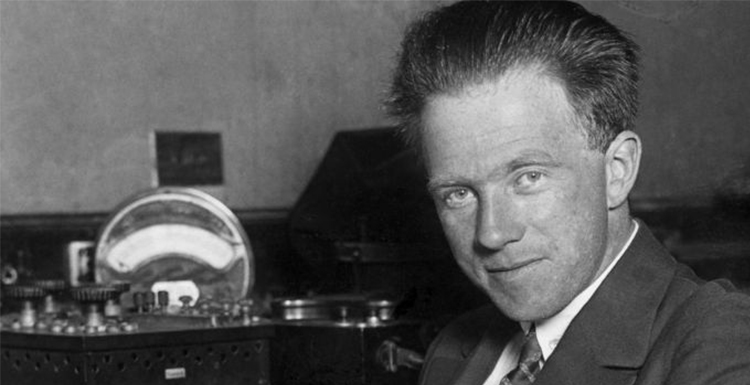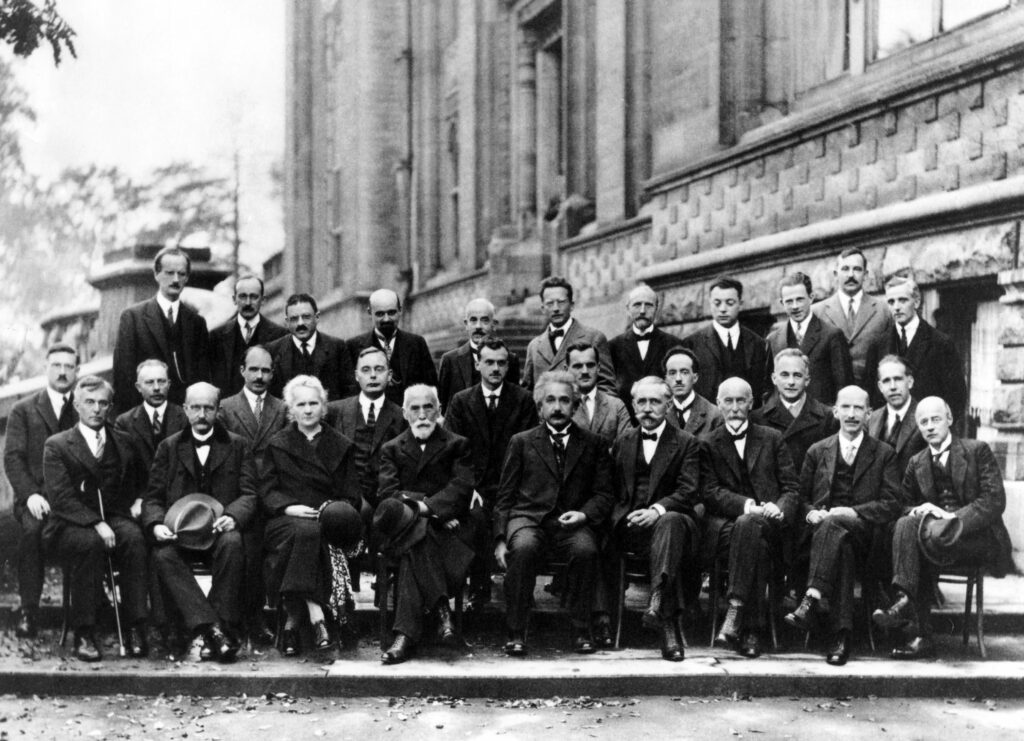Physics and Philosophy
by Werner Heisenberg, 1958

The author
Werner Heisenberg (1901-1976) was a distinguished German physicist, renowned for his groundbreaking contributions to quantum theory. Born in Würzburg, Heisenberg left an indelible mark on the history of physics, particularly for his pioneering work in formulating the uncertainty principle, which redefined the foundations of quantum mechanics. Awarded the Nobel Prize in Physics in 1932, he also distinguished himself through philosophical reflections, evident in his book “Physics and Philosophy”, where he explores the intersection of science and philosophy
Notes
Heisenberg delves into the intersection of physics and philosophy, providing a deep insight into the epistemological implications of quantum mechanics. His analysis begins with introducing quantum theory, emphasizing how it has redefined the boundaries of classical physics and engaged in a nuanced dialogue with philosophy. The pursuit of understanding atoms and elementary particles emerges as a monumental challenge, highlighting the shift from classical to a new perspective, where the uncertainty principle and the Copenhagen interpretation lay the groundwork for quantum mechanics.

In his attempt to bridge the gap between the two disciplines, Heisenberg engages with the history of philosophy, particularly with figures like Descartes and Kant. He underscores the continuity between philosophy and science over the centuries, questioning Kant’s concept of space-time in light of relativity theories. This connection between physics and philosophy becomes crucial for a comprehensive understanding of the epistemological and ontological transformations triggered by quantum mechanics.
The philosophical relevance of Heisenberg’s theories becomes evident in his critique of positivism and the deterministic view of traditional physics. He challenges the notion of absolute knowledge of the subatomic world, introducing the concept of probabilistic deductions and emphasizing the need for interdisciplinary dialogue between physics and philosophy. Quantum mechanics, according to Heisenberg, not only redefines the idea of objective reality but also places the observer at the core of the scientific process, introducing an element of subjectivity in constructing scientific knowledge.
Heisenberg addresses the resistance from traditional physicists, highlighting the challenges in gaining acceptance for his theories. This further underscores the deep connection between science and philosophy, as understanding these new theories requires a reexamination of philosophical concepts rooted in Western scientific tradition. Heisenberg advocates a return to philosophy as a tool for comprehending scientific theories, asserting that the interplay between the two disciplines is essential for tackling the conceptual challenges posed by quantum mechanics.
In conclusion, the “Physics and Philosophy” emerges as a key work in exploring the complex relationship between the two disciplines. Clearly, it is difficult to fully understand unless one has a lot of knowledge about both subjects. However, I am glad that, being my second reading on quantum and relativity, I was able to recognize many previously read concepts.